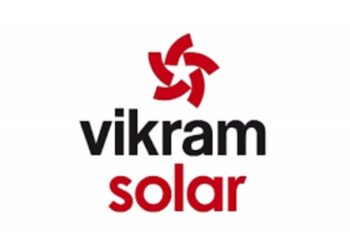The Ministry of New and Renewable Energy (MNRE) has decided to reimpose the regulatory measure of Approved List of Models and Manufacturers (ALMM) for solar PV modules from April 1, 2024. The ALMM order, which aims to promote domestic manufacturing, was kept in abeyance during FY 2023-24. As per a new order by the ministry, the scope of the reintroduced ALMM will be limited. It will be applicable only to solar power projects sponsored or subsidised by the central or state governments. ALMM will cover government agencies procuring solar power for their own consumption or for further distribution through distribution companies to end consumers.
In addition, the ALMM will also apply to roof top solar projects and components of PM KUSUM scheme which receive capital subsidies from the government. However, private solar power projects set up under open access route or as captive power projects will be exempted from ALMM norms. The MNRE order provides clarity that ALMM will not apply to private companies or entities setting up their own solar power generation capacity. The MNRE has also provided relaxations on cut-off date for under construction projects to be exempted from ALMM. Earlier projects commissioned before March 31, 2024 were to be excluded from the approved list requirement. Now, under construction projects where solar modules have been procured before March 31, 2024 through irrevocable letters of credit will also be exempt.
This relaxation has been granted so that solar power projects at advanced stages of installation or construction do not get adversely impacted due to the reintroduction of ALMM. The progress of such projects will be subject to verification. This move aims to balance the objective of promoting domestic manufacturing under ALMM while also providing exemptions to ensure under construction projects are not disrupted. The approved list mechanism is a qualifying requirement for solar module suppliers. Only models and manufacturers included in the list are eligible to supply to ALMM covered government and subsidised projects. The list is updated from time to time by MNRE based on testing and certification norms. ALMM’s one year suspension was meant to provide flexibility to developers and address supply chain issues. With the reintroduction, the government aims to ensure quality standards and self-reliance in solar equipment. However, selective applicability and exemptions showcase that the aim is not to impede capacity growth through disruptions. The balanced provisions reflect the dual objectives of energy security and self-reliance.













